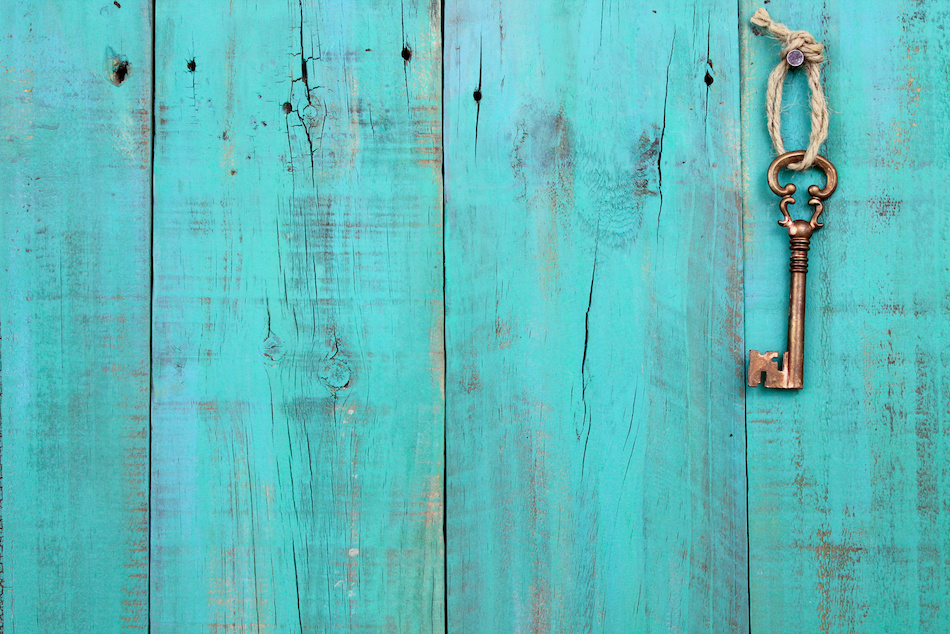What to Know About Buying an Older Home
Posted by Gary Ashton on Wednesday, June 12th, 2019 at 8:32am.
 Are you drawn to the romance of a historic house? A home that's more than 100 years old certainly come with lots of built-in interest: Authentic period details, miles of hardwood flooring, and original woodwork come to mind. It's easy to become smitten with an older beauty.
Are you drawn to the romance of a historic house? A home that's more than 100 years old certainly come with lots of built-in interest: Authentic period details, miles of hardwood flooring, and original woodwork come to mind. It's easy to become smitten with an older beauty.
In the case of an antique home, it's can be wise to look before you leap. As with any real estate purchase, buyers ought to have a professional home inspector take a thorough look at the house and report his findings. They'll know when something is amiss and can give valuable insight on which aspects of the house are solid—and what needs to be replaced sooner rather than later. Buyers also need to work with their real estate agent to learn more about any covenants or restrictions that come with buying a house in a historic neighborhood and upgrades that become necessary when updating an old house.
Buying an Old House: 7 Key Questions
Here's what to ask when considering the pros and cons of buying an older home:
- How Old Is the HVAC System? Even if a 50-year-old furnace still works, it's likely to be efficient than a newer model, and that will almost certainly add up to higher utility bills.
- How's the Plumbing Holding up? A home inspector can give you an idea of the age of pipes and fixtures. Additional research can also reveal if you're at risk for lead issues in older pipes or if there's a possibility that large tree roots could be too close to water and sewer lines for comfort.
- Is the Wiring up to Code? Aging electrical systems put you at risk for short circuits and fires, so understanding an older home's wiring system is crucial. The inspector can also tell you if you have enough circuits to run all the modern appliances you love or if the system needs to be upgraded.
- Is the House Insulated? Many older homes lack insulation. Adding insulation in the attic and walls will make a house far more comfortable and help you save on utility bills, but it could be difficult depending on the design of the house. Luckily, buyers may be eligible for rebates and subsidies to get the job done.
- How Thick Are the Floorboards? Those beautiful hardwood floors are often a big selling point for older homes, but be sure to take a closer look. Check the remaining thickness of the floorboards to make sure they'll support future sanding and refinishing—especially if they seem a bit worn in high-traffic areas.
- How Strong Is the Foundation? Make sure the building is structurally sound. If you're considering an addition, check to see if the foundation is rated for any extra weight, or you may have to change your plans.
- What Are the Neighborhood Bylaws Like? Many towns have regulations about what you can do to alter the appearance of a historic home. Neighborhood covenants about historical architecture should be included in any research to ensure buyers have the freedom to make the changes you'd like.
Requirements for Owning and Maintaining a Home Registered as Historic
The historic designation is meant to preserve a home's original construction and design while also protecting the overall community as far as property values and identity. Because older homes typically need at least some work or even extensive renovations, it's important to understand the extra steps and limitations that are placed on historic homes. First, additions are rarely permitted on any historic buildings so be sure the current square footage is sufficient before purchasing the home. Windows, shutters, and roof styles are part of the original architecture and any replacements must be of the same type and style--even if the expense is considerable.
Tax incentives may be given for owners of historic homes, so be sure to see if yours is eligible for these incentives. If the house needs a significant amount of work, especially on the exterior and for energy efficiency upgrades, the City of Nashville offers grants and loans that can assist with renovation costs. In most cases, homeowners must have the site landmarked, and funds must be used to preserve and improve the property for public benefit. In some cases, an easement can be granted that gives rights to the property's exterior to the city in exchange for a tax deduction. Check with the city to see if your home qualifies for any of these incentives and benefits.
Owning an old house is almost always a labor of love and an ongoing battle against the ravages of time, but for the right owners, it can be hugely rewarding to bring an antique back to its former glory. Talk to a real estate agent and home inspector about the details so you know exactly what you're getting into, and your dream could become a happy reality.

Gary Ashton
The Ashton Real Estate Group of RE/MAX Advantage
The #1 RE/MAX team in the World!
